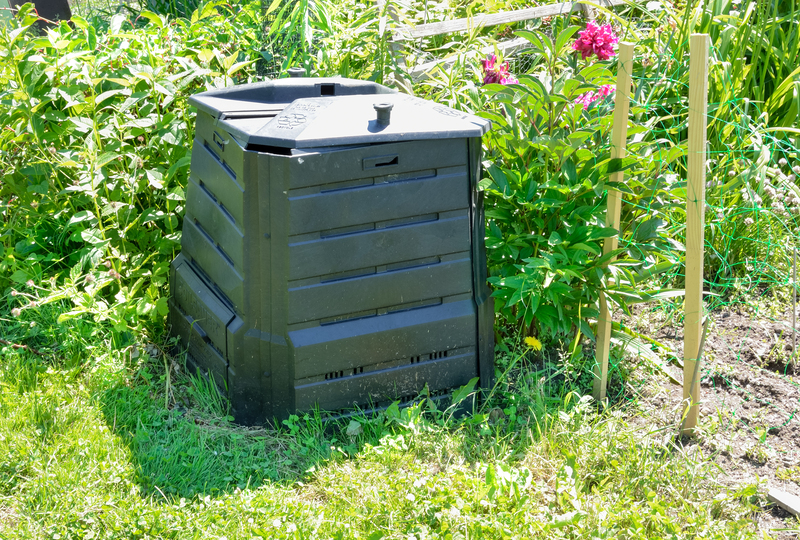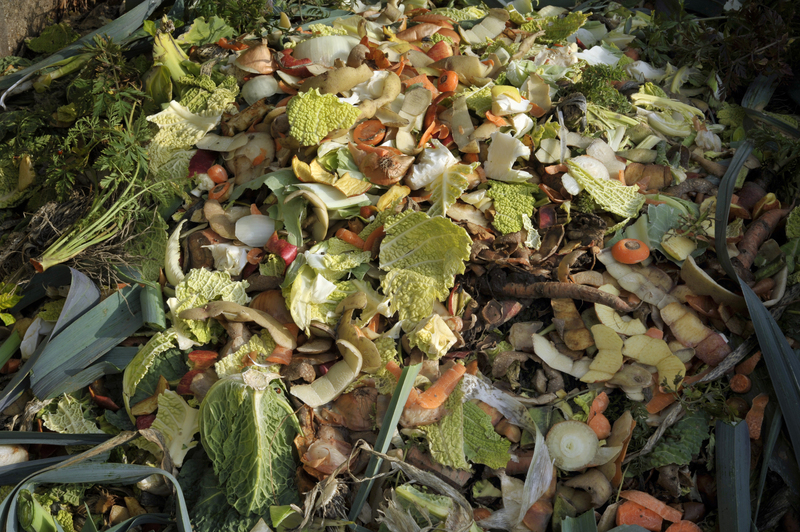The Environmental Toll of Improper Garbage Management
Introduction
In today's rapidly advancing world, the issue of improper garbage management has become a critical environmental dilemma. With the escalation in consumerism and urban development, the waste produced by human activity continues to rise, presenting serious challenges for sustainability. This article explores the environmental consequences of inadequate waste disposal and the importance of implementing effective waste management systems. By understanding these impacts, we can collectively work towards a cleaner, healthier planet.

The Growing Problem of Improper Waste Disposal
Improper waste disposal is a multifaceted problem that extends beyond merely littering or dumping trash in landfills. It encompasses a range of issues, including the lack of recycling initiatives, illegal dumping, and insufficient waste treatment technologies. According to environmental studies, mismanagement of waste can lead to severe repercussions for ecosystems, wildlife, and human health.
The Rate of Waste Generation
The rate at which waste is generated is staggering. Globally, we produce over 2 billion tons of municipal solid waste annually, and this number is expected to increase significantly in the coming decades. This escalation is driven by growing populations and changing consumption patterns, which exacerbate the strain on waste management systems.
Environmental Consequences of Poor Garbage Management
Pollution of Natural Resources
One of the most significant effects of improper garbage management is the pollution of natural resources. Landfills, open dumps, and illegal waste disposal sites can leak harmful pollutants into the soil, water, and atmosphere:
- Water Pollution: Chemicals and toxins from waste can seep into groundwater, leading to contamination of drinking water supplies. This is particularly hazardous for communities relying on well water.
- Soil Degradation: Harmful substances from waste can accumulate in the soil, reducing fertility and impacting agriculture. This enhances the risk of bioaccumulation of toxins in the food chain.
- Air Pollution: Burning waste materials often releases dangerous gases like carbon monoxide and sulfur dioxide, exacerbating air quality problems and contributing to climate change.
Impact on Wildlife and Biodiversity
Improper waste disposal poses a direct threat to wildlife and biodiversity. Animals often mistake plastic and other waste materials for food, leading to ingestion and potential death:
- Ingestion and Entanglement: Marine animals are particularly vulnerable to ingesting plastic waste, which can lead to malnutrition, digestive blockages, and death. Similarly, terrestrial animals can become entangled in waste, leading to injury or mortality.
- Habitat Destruction: The accumulation of waste in natural habitats can disturb ecosystems, resulting in the loss of biodiversity and the weakening of environmental resilience.
Human Health Implications
The environmental effects of poor waste management extend to human health. Communities living near waste disposal sites often experience a range of health issues:
- Respiratory Problems: Pollutants from improperly managed garbage can exacerbate respiratory conditions such as asthma, bronchitis, and other lung diseases.
- Waterborne Diseases: Contaminated water supplies can lead to outbreaks of diseases like cholera, dysentery, and other gastrointestinal infections.
- Impact on Mental Health: The unsightly and malodorous nature of waste can affect mental well-being, leading to stress and anxiety among residents.

Strategies for Effective Waste Management
Encouraging Recycling and Waste Reduction
To combat the challenges posed by improper garbage management, we must focus on reducing waste generation at its source and enhancing recycling efforts:
- Implementation of Recycling Programs: Communities need to establish accessible and efficient recycling facilities to encourage the recycling of materials like plastic, glass, and metals.
- Public Education and Awareness: Educating the public about the importance of responsible waste disposal and recycling can lead to behavioral change.
- Promotion of Sustainable Consumption: Encouraging individuals and businesses to adopt sustainable consumption habits can significantly reduce waste.
Adopting Advanced Waste Treatment Technologies
Technological advancements can play a vital role in improving waste management practices:
- Waste-to-Energy Conversion: This approach involves converting waste materials into usable forms of energy, thereby reducing landfill waste and promoting renewable energy sources.
- Biodegradable Materials: The development and use of biodegradable packaging and products can help minimize the environmental impact of waste.
- Improved Waste Collection Infrastructure: Investing in modern waste collection systems can enhance the efficiency of waste management operations.
Conclusion
The environmental toll of improper garbage management is a stark reminder of the urgent need for improved waste disposal practices globally. By understanding the far-reaching consequences of inadequate waste management, we can take collective steps towards adopting sustainable waste disposal methods. Implementing comprehensive waste management strategies and encouraging responsible consumption are essential in safeguarding the environment for future generations. By uniting efforts at the individual, community, and governmental levels, we can make significant progress in addressing the growing waste crisis and building a sustainable, waste-free world.